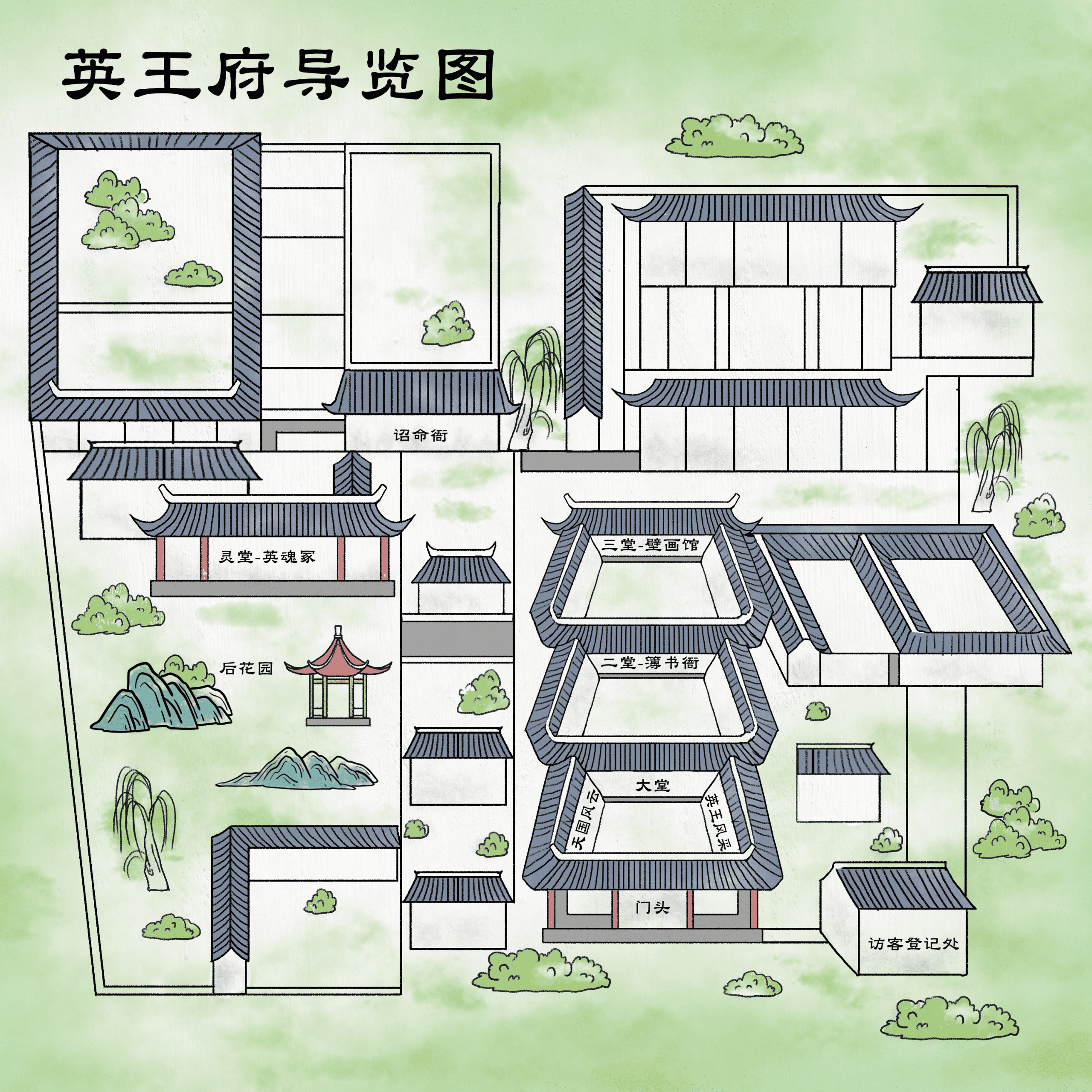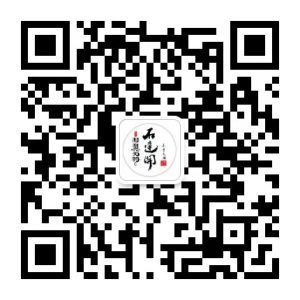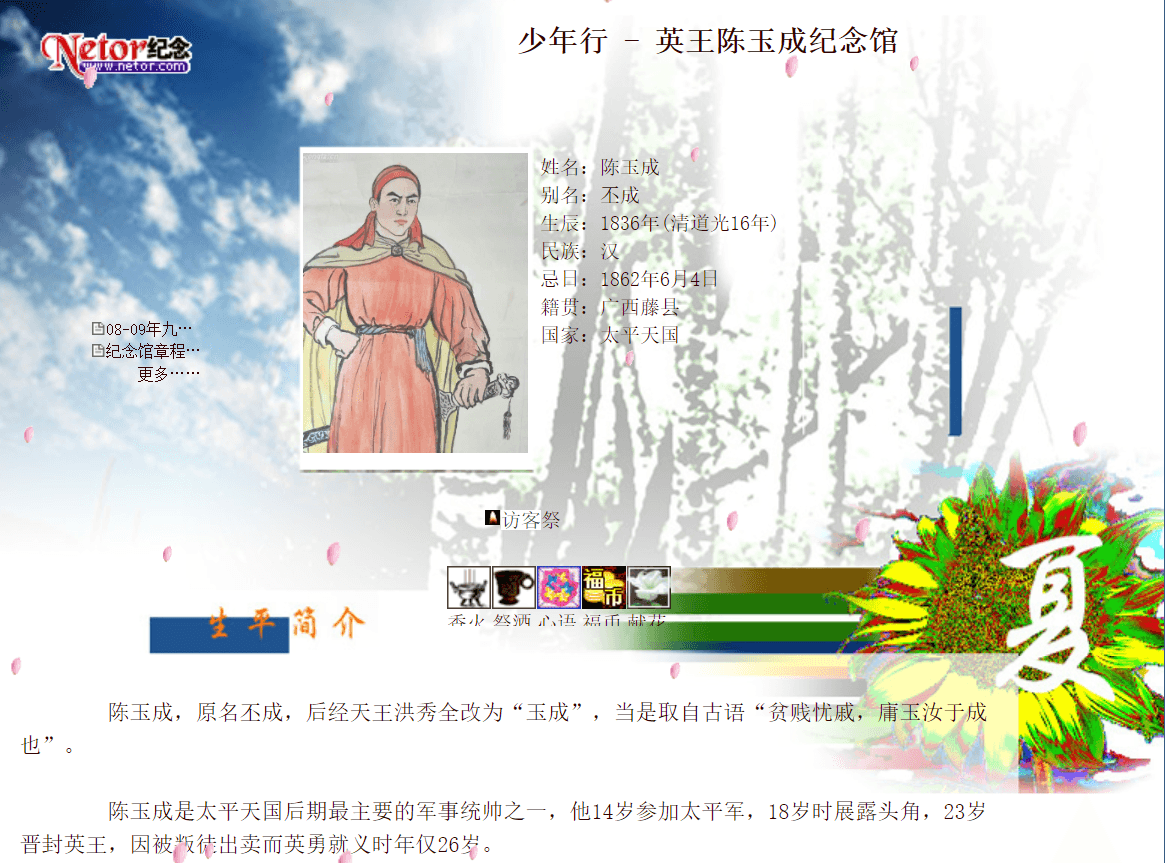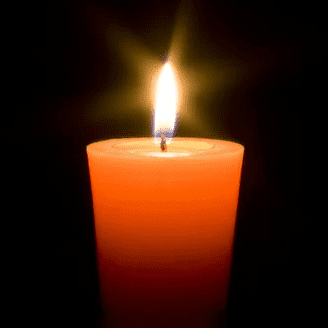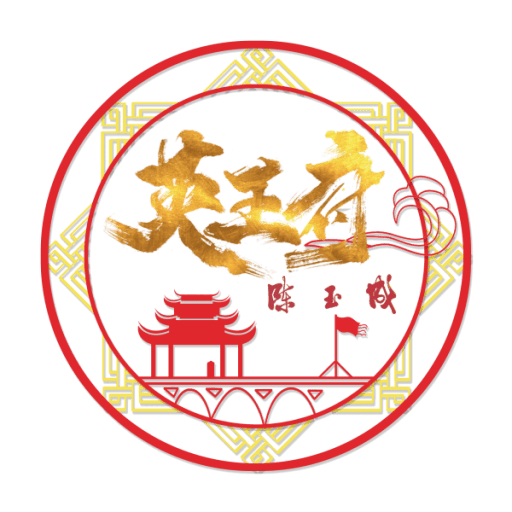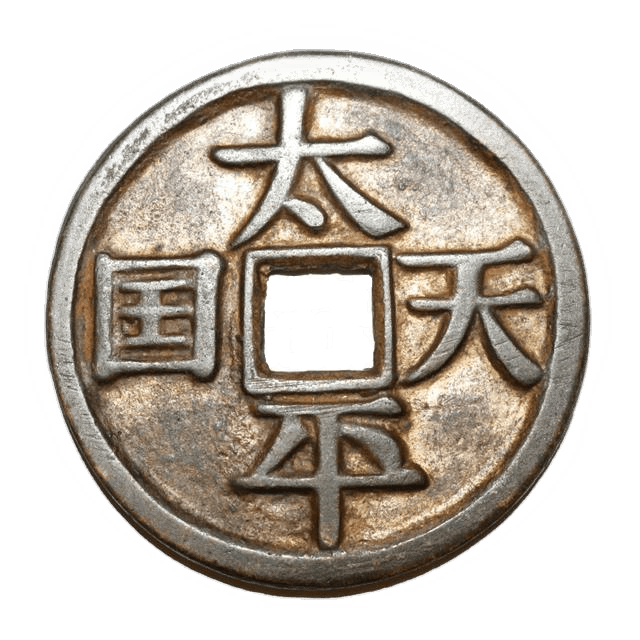1864年7月阿拉巴斯德南京备忘录
标题:《1864年7月阿拉巴斯德南京备忘录》
作者:Chaloner Grenville Alabaster
原载:United Kingdom National Archies, Records created or inherited by the Foreign Office, FO-17-41
转录:chat gpt
译者:chat gpt
译文校正:苏三
原件






英文转录
Memorandum
I left Shanghai on the 25th July, and arrived at Chinkiang the same night.
On arrival at Silver Island, I learnt that Mr. Vice-Consul Adkins had already visited the city, but, as Tsêng-kwo-fan had not arrived previous to his departure, I determined to push on, and as the gunboat had exhausted her coal in a three days’ cruise, and I was unable to procure her services, I left in the “Rona” and was landed on a sandbank at Theodolites Point.
As was to be expected under the circumstances, I had some difficulty in obtaining recognition from the officer in charge of the post, a half-brother of Tsêng-kwo-fan, but having at length satisfactorily established my identity and position, I found him very civil.
He at once sent for a gunboat to forward me to the “Elfin,” on board which I expected to meet Col. Gordon, and chatted away to pass the time I had to wait.
The prowess of the Imperial troops was extraordinary. They had fought for three days incessantly, and he told me with great satisfaction that he had decapitated 24 chiefs himself. The Imperialist loss was heavy, three General Officers (Tung-ping) had been killed, and some 4 or 5,000 men. Of the rebels, some 100,000 had lost their lives in vain resistance. There had been no special orders to give no quarter, but there were some but fighting men, old rebels, in the city, and quarter to them was impossible. The people were assembled around the village, and of the number, many thousands were cared for by the Commandant-in-Chief.
His troops were numerous, But that did not matter. He could not say whether any part of the force would be disbanded. It rested with Tsêng-kwo-fan. For himself, he thought they would not be. There were still disturbances in Kiang-si and Hu-peh.
In conclusion, he expressed a strong hope that I would buy him a musical box and watch at Shanghai; and stated that he should be very glad to see any foreigners up there, who did not create a disturbance; but if foreigners did come up with a view to outrageous conduct, he hoped Consuls would come up to restrain them. He would show any attention he could, and as he had, and was to continue to have charge of the river forts. he recommended that any foreigners proceeding to Nanking should visit him first.
By this time the “Elfin,” which had been dispatched to Nganking with Tsêng-kwo-fan’s Memorial, had come down the creek, and meeting Col. Gordon, I proceeded with him to the best point of access to Tsêng-kwo-chuan’s Camp, the residence of Tsêng-kwo-fan.
It was dark before we reached this, and having been thrown out in our calculations by the failure of the “Slaney,” and departure of the “Elfin,” we were forced to throw ourselves on the hospitality of Wang T’i-tai, the Commander of the Flotilla, who received us with the greatest impressment and showed us every attention.
He confirmed the story of the great slaughter. The rebels had fought so desperately and so persistently that it became impossible to show them mercy. The women had been spared, but that was all.
He considered the Taiping rebellion, as it is called, as over. Hu-chow was still in the hands of the Kwang-hsi men, but they would have to give up now. There were other rebellions raging, but he hoped they might be put down.
Talking of the origin and nature of the rebellion, he laughed to scorn the idea that it was the revolt of the Chinese against the Tartars, and pointed out that there was not a single Manchu officer or man in the force that had just captured Nanking. It was the attempt of the Kwang-tung and Kwang-hsi men to get possession of the rest of China, in the same way that the other rebellion now raging was a similar attempt of the Shan-tung men to obtain supremacy. I did not like to ask whether he anticipated a similar rising of the Ho-nan men under the leadership of Tsêng-kwo-fan or anyone else, but I learnt from him, and it was confirmed by individual enquiries, that the whole force, with scarcely an exception, is composed of Ho-nan men, that nearly if not every leader is from Ho-nan, and that they draw their supplies from there as much as possible in preference to nearer places. The creeks were full of canoe-shaped boats, all of which on being asked where they came from gave the invariable reply – “Honan.”
Next morning, Tsêng-kwo-chuan having sent down ponies, we rode along a causeway over the marsh up to his camp, and were received very civilly. He was not dressed as he was suffering dreadfully from boils. But he seemed in excellent spirits, and would and could talk of nothing but the enormous number of rebels he had killed, and the glory which had attended his arms.
Chung-Wang, the Military Chief, was a prisoner. The T’ien-Wang, the Civil Chief, had taken poison a month previous to the capture of the city, unable to bear the sight of the enemy to which the garrison were reduced. Some 50 or 60 Wangs had lost their heads and crowns together, and the only person who was unaccounted for was the T’ien-Wang’s son, whose horse had been killed, but who was thought to have got away.
It was not, he said, contemplated to do anything for the present. The troops required rest, he himself was done up, and the forces already at Hoo-chow were sufficient to capture it. His brother, the Governor General, Tsêng-kwo-fan, would have to return to Nganking for a month or two, but would then take up his residence at Nanking.
There were no foreigners in the city when captured. Had there been, they would have been sent to Shanghai. The only prisoners were the Chung-Wang, and the T’ien-wang’s brother – the first of whom was captured some distance from, the second in the city.
When I asked to see Tsêng-kwo-fan, he came out – his brother scuttling away in a most undignified manner when he did so. I offered him your congratulations on his success, which seemed to please him. Indeed he seemed in a very good temper although everything he said was still more or less in confusion, and he was dreadfully hard worked.
I asked him whether he considered the rebellion over, to which he replied: “How can the rebellion be over, until the rebels are exterminated? There are still rebels. Still work to be done.” He had referred Chung-Wang’s fate to Peking, and awaited the Imperial reply before he knew what would be done with him. The same was the case with the disbandment of the troops. They would not however certainly be disbanded yet. He had not been into the city yet. The stench was too great. He should go in a few days, but not take up his residence until after his return from Nganking. A Prefect had been appointed, and Nanking would revert to its pristine state as headquarters of the Government.
His troops were going to Hoo-chow. The captures of which he expected hourly, as it could not hold out now Nanking had fallen. If any troops were sent anywhere it would be to Kiang-si and Hu-peh.
Li Futai’s troops were not in time, a fact which seemed to give him much satisfaction, and there were no foreigners either on the Imperialist or Rebel side.
The affair of the “Confucius” was an attack on some isolated forts and had no bearing on the fortunes of the day.
He had no objections to foreigners coming up to visit the city, but thought they had better wait till there was a heavy fall of rain, as the stench was fearful, and he himself had not been in yet. His troops would not interfere with them, and he himself was always pleased to see them.
In conclusion he begged me to thank you for sending up to congratulate him, and several Mandarins coming in to pay their respects, we took our leave. For my part, I was favorably impressed with the man, although evidently one of the old school, and one who would require a great deal of management before he could be brought to grasp any novelty. He seemed well enough disposed to foreigners individually but distrusted their intentions, and he evidently had faith in extreme measures only.
Tsêng-kwo-chuan provided us with ponies, and a blue-button Mandarin as a guide, and while these were preparing I went to see how they treated the Chung Wang, I found him seated on the ground writing his confession. He was clean-shaved, simply but cleanly dressed, and appeared well cared for. For safety, he had on l[r]ight leg irons, and a sort of open cell had been constructed, or cage, six feet square, had been constructed, in which he was confined. Sentries are kept on him day and night, but I do not think he has any reason to complain of extraordinary rigour. I had walked in quietly and hoped not to have disturbed him, but some one shouting out to him, he turned round, stood up and greeted me by name. I was therefore compelled to speak, and simply asked him if he wished anything of me. To this he replied that his sole hope now was in heaven, speaking almost cheerfully and causing an involuntary sympathy to be felt for him.
We then rode into the city (the enormous walls of which required 40,000 lbs of powder to breach them) by the south gate. From this to the T’ien Wang’s Palace we passed a succession of little villages, and Palaces of the Wang, the greater part being a mass of ruins. The street or road down which we passed had apparently many years ago been lined with shops, temples, and residences. These the rebels had gutted, turning the few houses remained into barracks, & ensuring their gradual destruction, although all had survived till lately, have, with few exceptions, been burnt or pulled down during the three days’ sack. The desolation is indescribable. Thick jungles occupy the place of once-thickly populated quarters, and you would imagine yourself in some desert in the middle of the city. The only signs of life are an occasional soldier returning from an unsuccessful search for loot, and the appeal made to your senses by an unburied corpse. You may go miles without seeing the slightest indication that you are riding over the ruins of one of the greatest cities of the world. So complete has been the destruction during the tenure of the city by the Coolie Kings, and a single hour passed there would be sufficient to convert the most confirmed rebel worshipper. The same desolation which marks the other cities I have seen taken from the rebels, was noticeable at Nanking. The difference was that it was more complete. The Wangs had built fine palaces for themselves, but to get a beam for these they would pull down a house, and raze a street for a couple of doorposts. Round these palaces, all of which were surrounded by a lofty wall, and the majority of which they had, in a fit of destructiveness, burnt or blown up, were a few houses and huts occupied by the troops and retainers of the various Wangs. There were no signs that trader, merchant, shop-keeper, or simple resident had existed. One could readily believe that the five or six thousand who had left the city during the siege embraced not only the few of them who had been there, but a large proportion of the present fighting men, and that, at its capture, the only people in it were old confirmed rebels whose profession was plunder and whose only hope was loot. Checked in their ravages, they had only the collections made in the time of their prosperity to fall back on, there was no producing element in them, and their destructive passion, unable to feed on others soon destroyed themselves.
We proceeded to the T’ien-wang’s Palace and found it, with the exception of the Outer Halls, blown up and destroyed. The Imperialists made out that the rebels had made a stubborn resistance there, and so finally blown it up. This latter statement I believe, of the former, there was no sign. There were many bodies about the jungle surrounding it, but scarcely any in the palace itself and but few marks of blood or bullets.
Indeed, I believe there was very little fighting. Some ten thousand or so rebels were in the city, and as a large number of them were Cantonese or Kwang-si men, they must have killed a certain number of the Imperialist troops before they were slaughtered. But stand they could have made none. For the three days, in which the Imperialists cleared the place, were even without assistance, scarcely sufficient for them to visit the City in its extent. Had they been anywhere, days must have been necessary to enable the requisite force to have been brought up – so tremendous are the distances. There does not seem to have been any system by which different regiments should visit different quarters. Nearly everyone entered at the breach and scattered as seemed best.
We visited several others of the Palaces, which we found for the most part burnt. Where they were left, they were occupied by the troops, who were already employed in clearing up the city, making roads, and burying the dead. Being quite exhausted and fainting with heat, stewed, and fatigue, we returned to Theodolite Point, and on getting a boat from Tseng Tikai, went on to Chin-kiang.
On our way back we noticed innumerable boats on their way to Nanking, for though many scarcely credit the news of its capture, yet large numbers are already returning to it, and in a year or so the city, and the desert round it, will probably have recovered much of its former prosperity.
In conclusion I must notice the great civility shown to Col. Gordon and myself by everyone, high or low, as soon as it was known who we were. Although a few boys shouted out “Yang-kwei-tszi”, from the soldiers even, we met with nothing but the greatest courtesy. Had the weather been somewhat cooler, the mosquitoes somewhat fewer, and our arrangements for living a little more complete, it would have been a most enjoyable trip.
(signed)
Chaloner Alabaster
Interpreter
True Copy
J.G. Fornach
Assistant
中文翻译
备忘录
我于7月25日离开上海,当晚抵达镇江。在银岛上得知艾德金斯副领事已经访问了城市,但因曾国藩在他离开之前未到达,我决定继续前行。由于炮舰在三天的巡航中耗尽了煤炭,我无法继续使用她,于是我乘坐“罗纳”号离开,并被送到了经纬仪角的一个沙洲上。
在这种情况下,我遇到了一些困难,试图让负责岗哨的官员认可我,他是曾国藩的异母兄弟。但最终,我成功地证明了我的身份和地位,他对我非常客气。他立即派人去叫一艘炮舰送我去“小精灵”号上,我将在那里与戈登上校会面。我和他聊天,以消磨等待的时间。
帝国军队的战绩非凡。他们连续战斗了三天,他很自豪地告诉我,他自己斩首了24个首领。帝国军队的损失很大,有三位总兵被杀,大约四五千人死亡。至于叛军,约有十万人白白丧生。帝国军队并没有特地颁布不予宽大处理的命令,但城市里还有一些老叛军,对他们不可能给予宽大处理。人们聚集在村庄周围,其中许多人受到了总司令的照顾。
他的部队很多,但这并不要紧。他无法确定部队是否会解散,这由曾国藩决定。他自己认为他们不会解散。江西和湖北仍然存在骚乱。
最后,他强烈希望我能在上海为他买一台音乐盒和手表,并表示他将非常欢迎任何不引起骚乱的外国人来此地,但如果外国人在此进行不良行为,他希望领事来制止他们。他会尽其所能地表现出关心,因为他一直负责并将继续负责沿江的炮台。他建议任何前往南京的外国人首先去拜访他。
此时,原本载着曾国藩的备忘录前往安庆的“小精灵”号已经沿河而下。我与戈登上校会合,随后与他一起前往曾国荃的营地的最佳进入点,即曾国藩的住所。
到达目的地时已经很晚了,由于“斯莱尼”号的故障和“小精灵”号的离开,我们的计划被打乱,不得不依靠舰队指挥官Wang T’i-tai的款待,他非常殷勤地接待了我们。
他确认了大规模屠杀的事实。叛军奋勇抵抗,以至于无法宽大处理。妇女保全性命,但仅此而已。
他认为太平叛乱已经结束。湖州仍然在广西人手中,但事到如今,这些叛军肯定会放弃城市。还有其他叛乱正在蔓延,但他希望他们能被镇压。
谈到叛乱的起源和性质时,他嘲笑了认为这次叛乱是中国人反抗满族人的看法,并指出在刚刚攻陷南京的军队中,没有一个满族军官或士兵。这次叛乱是两广人试图控制中国其他地区,就像现在正在发生的另一场叛乱是山东人试图取得统治地位一样。我不愿意问他是否预料到湖南人会发生由曾国藩或其他人领导的类似叛乱,但我从他那里得知、并且个别询问也证实了,整个军队都由湖南人组成,几乎没有例外。几乎每个领导人员都来自湖南。他们尽可能地从湖南、而不是从更近的地方获取补给。河上满是独木舟形状的船只,当问及他们来自哪里时,所有船都给出了不变的答案“湖南”。
第二天早上,曾国荃派来了马,我们骑着马通过沼泽上的一条堤道前往他的营地,他非常礼貌地接待了我们。他穿着得体,但由于患了严重的疖子,他看起来非常痛苦。不过他的精神状态似乎很好,他只会谈论他杀死的叛军数量之多,以及他的军队取得的荣耀。
军事长官忠王被俘虏了。民政长官天王一个月前就服毒自杀了,因为他无法忍受敌人迫使守城军队陷入的困境。大约五六十位王失去了他们的头衔和王冠,唯一找不到的人是天王的儿子,他的马被杀死,但据说他逃脱了。
曾国荃说,他目前不打算采取任何行动。部队需要休息,他自己也已力竭。已经在湖州的军队足以攻占它。他的哥哥暨总督曾国藩将不得不返回安庆一两个月,然后才会在南京定居。
城市被攻陷时没有外国人。如果有的话,他们将被送到上海。俘虏只有忠王和天王的兄弟——前者是在城外稍远处被俘,后者是在城里被俘。
当我要求见曾国藩时,他出来了,他的弟弟在他出来时却以一种非常不体面的方式匆匆离去。我向他转达了你对他成功的祝贺,这似乎让他很高兴。事实上,他看起来心情很好,尽管他说的每一件事情仍然多少有些混乱,而且他的工作非常辛苦。
我问曾国藩,他是否认为叛乱已经结束,他回答:“除非逆贼都被消灭,否则怎么可能结束呢?还有逆贼,还有工作要做。”他已经把忠王的命运交给北京,并等待皇帝的答复,然后他才知道要对忠王采取什么行动。解散部队的情况也是如此。他们现在不会被解散。曾国藩还没有进城。气味太浓了。他几天后会进城,但他要先去一趟安庆,之后才会在南京住下来。已经任命了一名巡抚,南京将恢复到原来的状态,成为政府的总部。
曾国藩的部队正在前往湖州。他认为他们很快就会占领那里,因为现在南京已经陷落,湖州无法支撑下去。如果要派遣军队去任何地方,那么将是前往江西和湖北。
李抚台的部队来得太迟,这一事实似乎使他非常满意,而且在帝国军队和叛军中都没有外国人。
“孔子”号事件只是对一些孤立的堡垒的袭击,并没有影响到当天的战局。
曾国藩不反对外国人来城里参观,但认为最好等到大雨过后再来,因为气味太可怕了,他自己还没有进过城。他的部队不会干扰外国人,他自己总是乐于见到他们。
最后,曾国藩请求我代表你感谢你向他送上的祝贺。又有几位官员前来拜访,我们便告辞了。就我个人而言,我对这个人印象深刻,尽管他显然是保守派,需要对他做大量工作才能让他接受任何新事物。他对个别外国人似乎持有良好的态度,但他不信任他们的意图,他显然只相信极端手段。
曾国荃为我们提供了马匹和一个蓝翎官员作为向导。他们在做准备时,我去看了他们如何对待忠王,我发现他坐在地上写自己的供词。他脸上刮得很干净,穿着朴素但整洁,似乎受到了很好的照顾。为了安全起见,他的右腿上戴着脚镣。他们建了一个开放式的牢房,或者说是一个六英尺见方的笼子,把他关在里面。日夜都有哨兵看守着他,但我不认为他有任何理由抱怨受到了特别的严厉对待。我悄悄地走进去,希望不会打扰到他,但有人对他大喊大叫,他便转过身,站起来,喊我的名字,对我打招呼。我不得不开口,简单地问他是否需要我做些什么。他回答说,他现在唯一的希望是在天堂。他的语气几乎是欢快的,使人不由自主地同情他。
然后,我们骑马,通过南门进城(城墙巨大,需要4万磅的火药才能炸穿)。从南门到天王府,我们经过了一系列的小村庄和王府,其中大部分已经成为一堆废墟。我们经过的街道或道路在多年前显然布满商店、寺庙和住宅。叛军洗劫了这些地方,把剩下的几间房子变成了兵营,并确保它们逐渐被摧毁,尽管所有这些建筑直到最近都还存在,但几乎全部都在这三天的洗劫中被焚烧或拆毁了。这种荒凉是无法描述的。茂密的丛林占据了曾经人口稠密的地区,你会觉得自己身处世界上最大城市的荒漠之中。在这段路上,除了偶尔看到一名士兵徒劳地寻找战利品后返程,以及无人埋葬的尸体刺激你的感官之外,几乎看不到任何生命的迹象。你可以走几英里,也看不到你正在骑行的地方是世界上最伟大的城市之一。在苦力王统治下,城市的摧毁是如此彻底,只需在那里逗留一小时就足以使最坚定的叛乱崇拜者改变立场。与我所见过的其他从叛军手中夺回的城市一样,南京也是一片荒凉。不同的是,它的毁灭更加彻底。王们为自己建造了豪华的王府,但为了获取一根梁木,他们会拆毁一座房屋,为了得到两个门柱,他们会铲平一条街。这些王府周围大都被围墙环绕着,大部分周边房屋都被他们在毁灭的狂潮中焚烧或炸毁了,只有少数房屋幸免于难,被军队占领。没有迹象表明有商人、商人、店主或普通居民存在过。大约五六千人在围困期间离开了这座城市,你很容易相信逃离者不仅包括曾在此居住的少数人,还包括大量现役战斗人员。城市被攻占时,城中只剩老叛军。他们的职业是抢劫,他们的唯一希望是战利品。在他们的劫掠受到制约后,他们只能依靠在繁荣时期收集的财富。他们没有能力从事生产。他们的破坏激情无法用在他人身上,很快就摧毁了他们自己。
我们前往天王府,发现除了外殿外,王府都已经被炸毁和摧毁了。帝国军队声称叛军曾在此进行顽强抵抗,最终将其炸毁。我认为相对第二句话“最终将其炸毁”,第一句话“曾在此进行顽强抵抗”没有证据。在周围的丛林里有许多尸体,但王府内几乎没有尸体、血迹或弹孔。
事实上,我相信几乎没有战斗。城中大约有叛军一万人,由于其中大部分是广东人或广西人,他们在被屠杀前必然杀死了一定数量的帝国军队。但他们无法持续战斗。在三天时间里,帝国军队清理了这座城市,但他们没有任何帮助,因此他们几乎不可能走遍整个城市。由于各地彼此距离太远,如果他们要去任何地方,都需要几天时间才能调集必要的部队。似乎没有任何制度规定不同部队应该去不同区域。几乎每个人都是从缺口处进入,然后四散而去,选择自己认为最好的方向。
我们参观了其他几座王府,发现大部分都被烧毁了。留下的王府被军队占领,这些军队已经开始清理城市、修路和埋葬死者。由于精疲力竭、酷热和疲劳,我们返回了经纬仪角,并从Tseng Tikai那里借了一艘小船,前往镇江。
在回程途中,我们注意到无数的船只正在前往南京,尽管许多人对它的陷落消息并不十分相信,但已经有大量人员返回。一年左右,这座城市及其周围的荒漠可能会在很大程度上恢复之前的繁荣。
最后,我必须指出,无论高低贵贱,一旦人们知道了我们的身份,所有人都对戈登上校和我表示了极大的礼貌。尽管有一些男孩、甚至士兵喊我们“洋鬼子”,但所有人都非常礼貌地对待我们。如果天气凉快些,蚊子少些,我们的生活安排稍微完善些,那将是一次非常愉快的旅行。
查尔纳·阿拉巴斯德
口译员
真实副本
J.G. 福纳奇
助理
